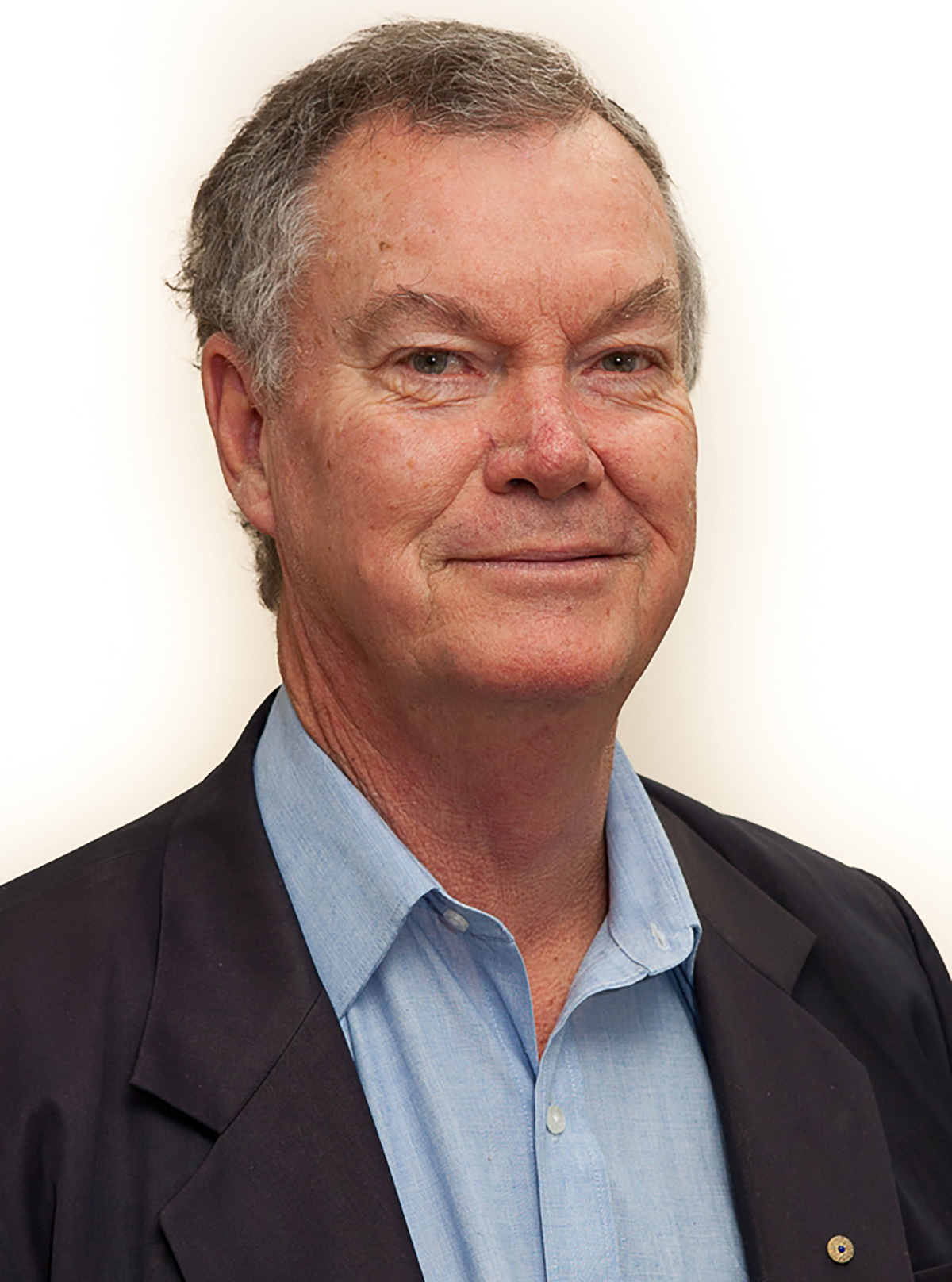- Posted on 30 Jun 2025
- 3 minutes read
Professor Larry Dwyer has been awarded the 17th United Nations Tourism Ulysses Prize for his pioneering research on tourism economics in Australia and the Pacific.
Professor Larry Dwyer has redefined how the tourism industry measures its economic impact, compares the competitiveness of different destinations and assesses the success of special events.
It’s a career recognised by the UN Tourism organisation with their biennial Ulysses Prize, the first Australian to receive the international accolade.
“This is a kind of lifetime achievement award that some in our industry call the ‘Nobel Prize’ of tourism research. It’s quite an honour to receive this global recognition,” said Professor Dwyer, an Adjunct Fellow in the UTS Business School.
His academic achievements over the course of a 40-year career are many, including being appointed the first Qantas Professor of Travel and Tourism Economics at UNSW and the author of more than 350 publications.
However, he feels most proud of taking theoretical insights and putting them into practice in the tourism industry.
He has a large body of consulting work with organisations such as UN Tourism, the World Travel and Tourism Council and the OECD, as well as making a major contribution to the industry-academic research organisation the Cooperative Research Centre for Sustainable Tourism.

I’ve had most impact in the application of economic techniques to further our understanding of the contribution of tourism and its impacts.
Professor Larry Dwyer
Adjunct Fellow, UTS Business School
“In particular I’ve been lucky to have been surrounded by teams of talented modellers. We developed unique models that demonstrated tourism’s impact on the economy in different areas of Australia and the Pacific,” Professor Dwyer said.
“We pioneered the use of computable general equilibrium models in the tourism industry that give very robust information on tourism development, especially around the assessment of events and their economic impacts. It’s a method now used nationally and also in different destinations around the world.”
While he has now taken a step back from full-time academia, Professor Dwyer’s passion for industry remains undimmed.
“I've recently been publishing on the wellbeing outcomes of tourism. While a lot of tourism research looks at economic, social and environmental impacts, we’re now talking more about the contribution that tourism development can make to human wellbeing.”
It’s a passion now recognised on the global stage.


